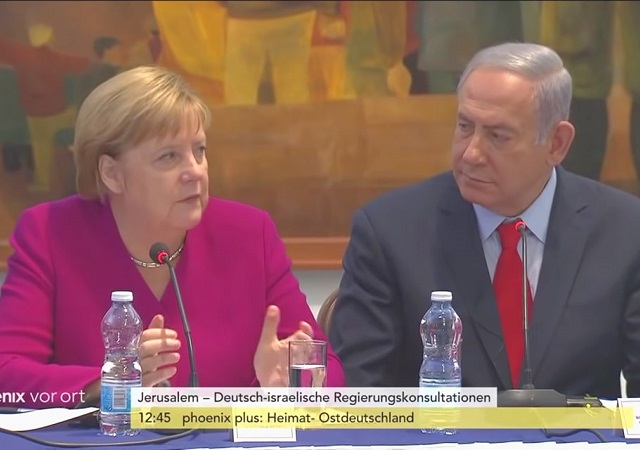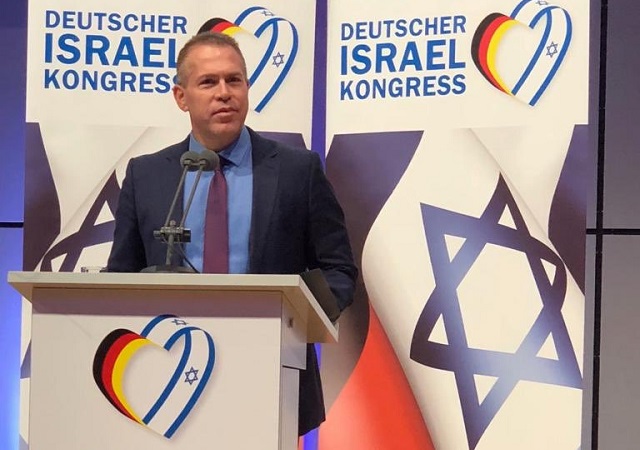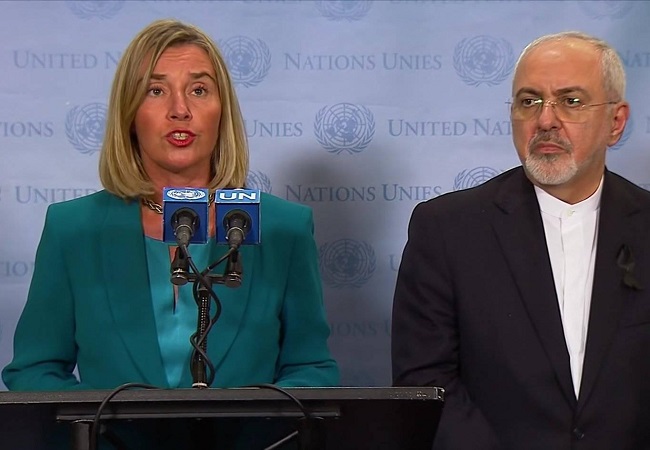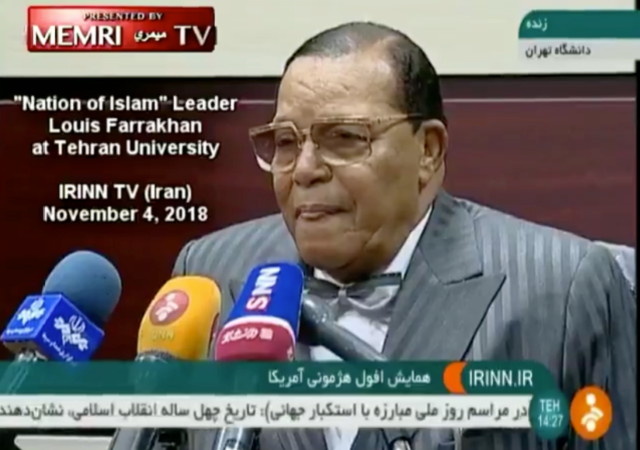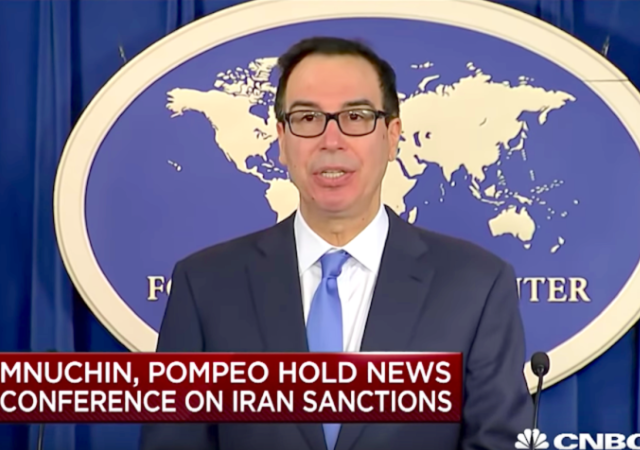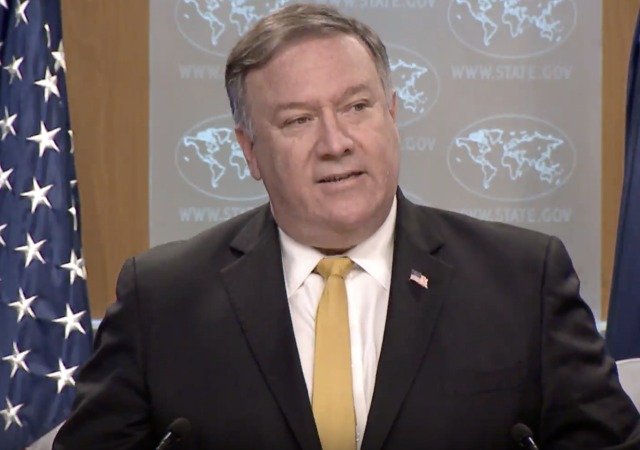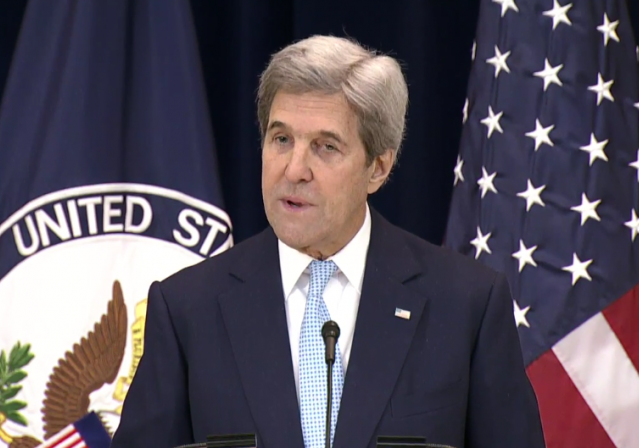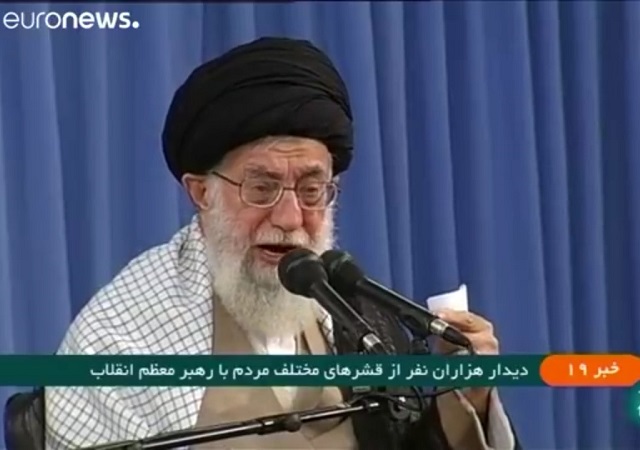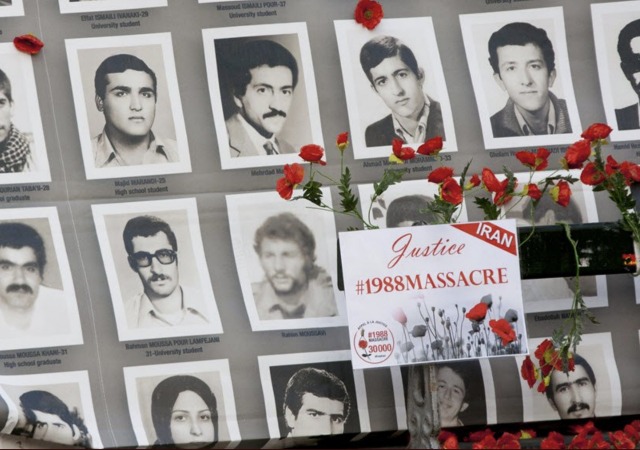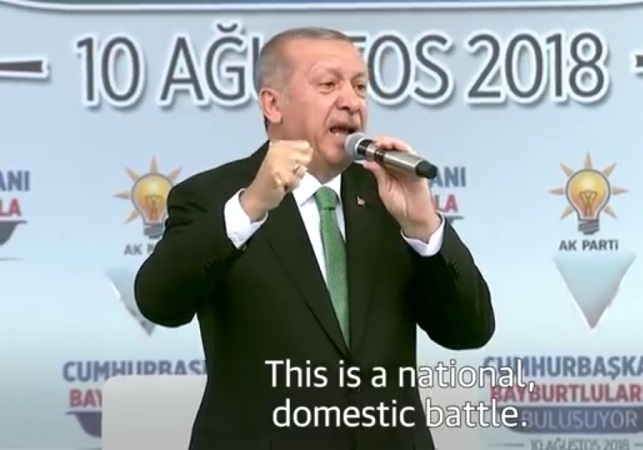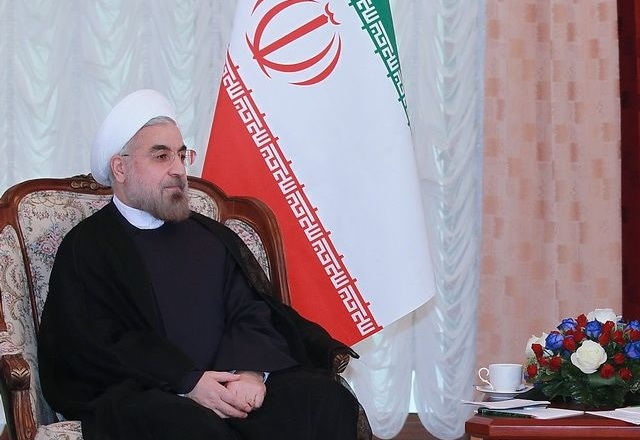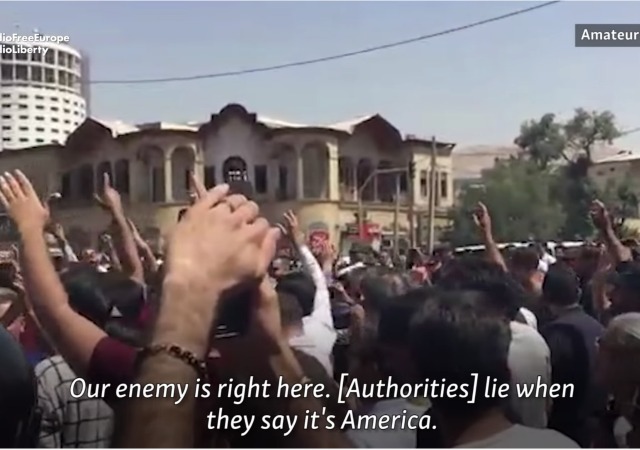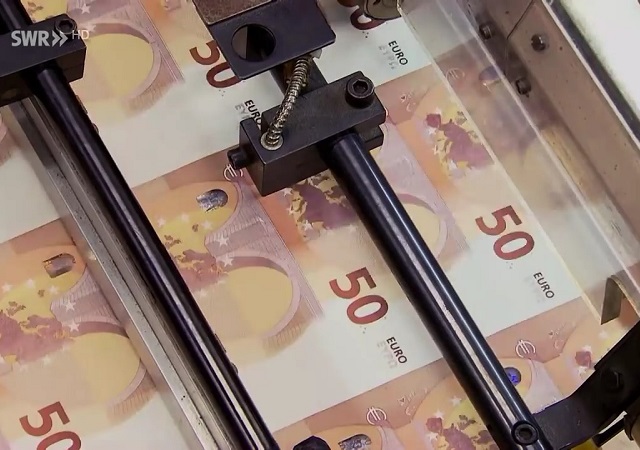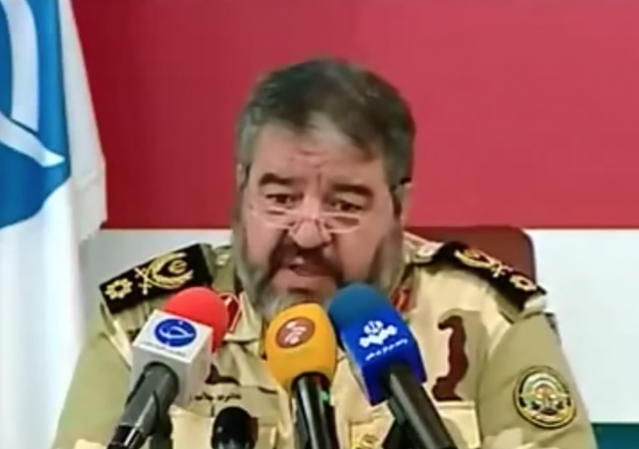Merkel Reportedly Lobbied EU Countries Not to Move Embassies to Jerusalem
on December 04, 2018
19 Comments
German Chancellor Angela Merkel has been working behind the scenes to prevent European Union member countries from recognizing Jerusalem as the capital of Israel, the newspaper Jerusalem Post reported.
The revelation was made by Tomas Sandell, the director of the European Coalition for Israel in Brussels. Chancellor Merkel made a series of calls to European leaders in April while "many of the nations were seriously considering moving their embassies." Sandell said. "This is not the Germany we once knew. This is not the even Angela Merkel we once knew when she was elected."

